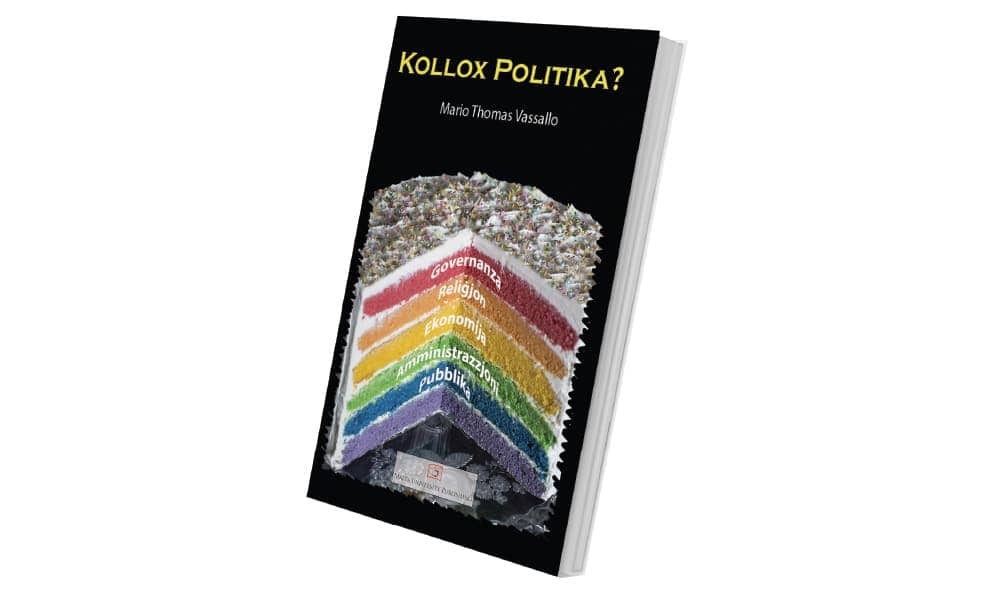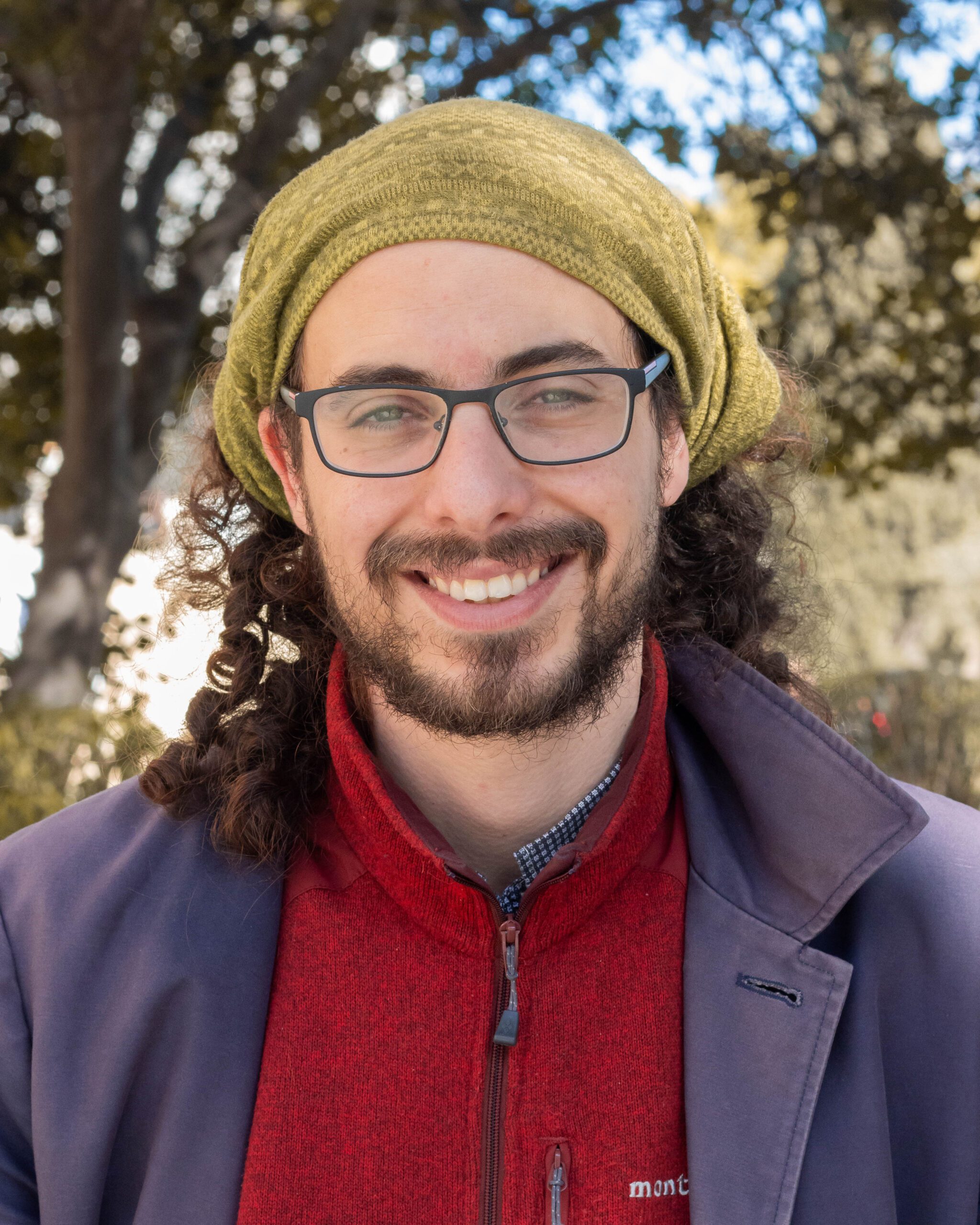Politics does not exist in a vacuum. As much as we might be disillusioned with our political system or claim indifference, there is no denying that it impacts our daily life. The way our taxes are invested, which policies are implemented, and the way public institutions are run all depend on politics. As Dr Mario Thomas Vassallo puts it, ‘politics is exercised by the people, for the people, and therefore, it shapes and in turn is also shaped by social and economic transformations.’
Dr Mario Thomas Vassallo (Head of Department of the Faculty of Economics, Management & Accountancy) has developed a cross-disciplinary text to democratise the learning of political science. He explores the relationship between idealpolitik and realpolitik and aims to connect academia with the real world of politics, policy making, religion, economics, and public administration.
The cover of the book, featuring a rainbow cake, might lead to some confusion as readers wonder about the connection between pastry and politics. Dr Vassallo provides some context: ‘in the 1970s, Prime Minister Dom Mintoff coined the term “kejk” to explain the concept of Gross Domestic Product (GDP). As the GDP grows, so too does the cake and its slices. Mintoff’s metaphor is still used today as it reflects the need to increase the size of the cake through economic growth and diversification, while at the same time to share the cake through social justice and respect to the common good.’
Vassallo’s text expands on this metaphor. The five layers of the cake: governance, religion, economy, administration, and the public are the fundamental ingredients. If we want the cake (and the country’s GDP) to grow, then these layers need to be understood together. Understanding these nuanced layers requires a team of experts from different disciplines. Working alongside sociologists, political scientists, economists, and public officials, Vassallo manages to create an insightful catalogue to explore these layers.
While politicians would like us to think that they are the crux of the political system, it takes experts from various fields to manage a country effectively. The role of the politician is to ensure that these various sectors synchronise their efforts. After all, the overarching goal is not to win an election but for the country to grow and improve the quality of life of its citizens.
Vassallo points out that ‘politics needs good governance and an effective public administration to function properly. The political economy is steered by the political class in consultation with stakeholders, including employer associations and trade unions. The political discipline goes beyond political parties as it also calls for civil society groups, including religion, as crucial interlocutors to represent people’s interests, values, and aspirations.’
The book gathers the views of 25 academics and contributors, all experts in their fields, and it is published by the Department of Public Policy in collaboration with Malta University Publishing and Campus FM.
The book is sure to be a gold mine for students studying politics, economics, sociology, history, religion, public administration, and European studies. It should also interest public officials looking to better understand their role in relation to the state, the economy, and society. Interdisciplinary is the basis of this publication.
Special thanks to the European University of the Seas, the Department of Public Policy, and Campus FM.







Comments are closed for this article!